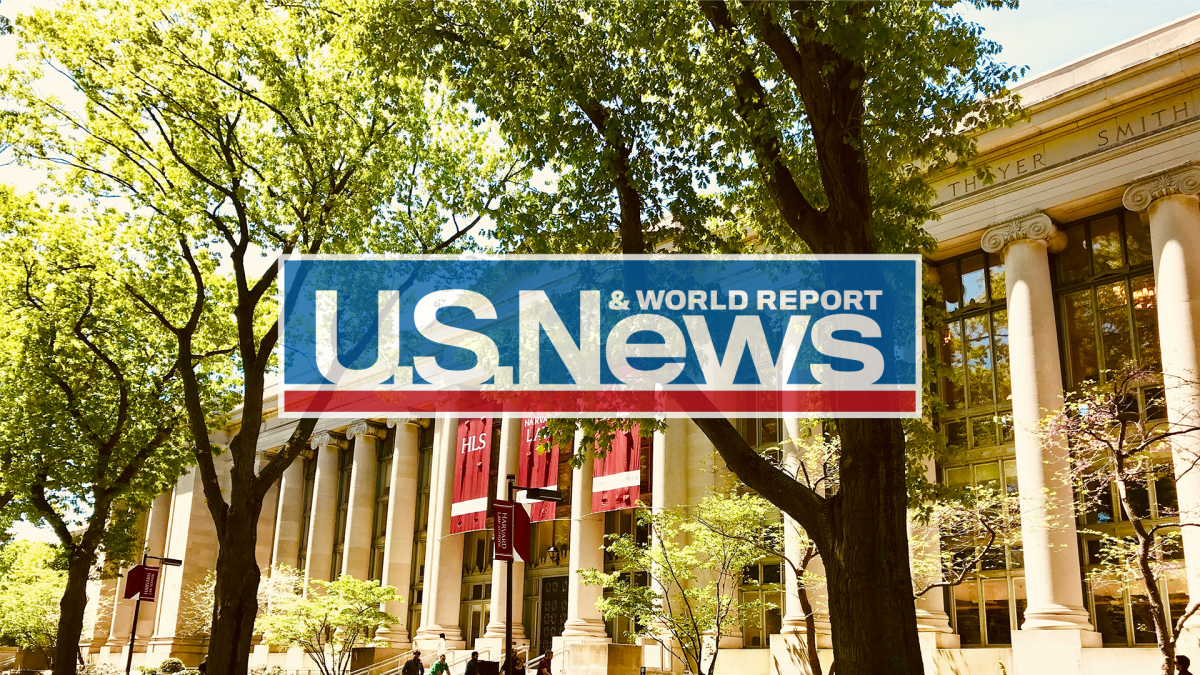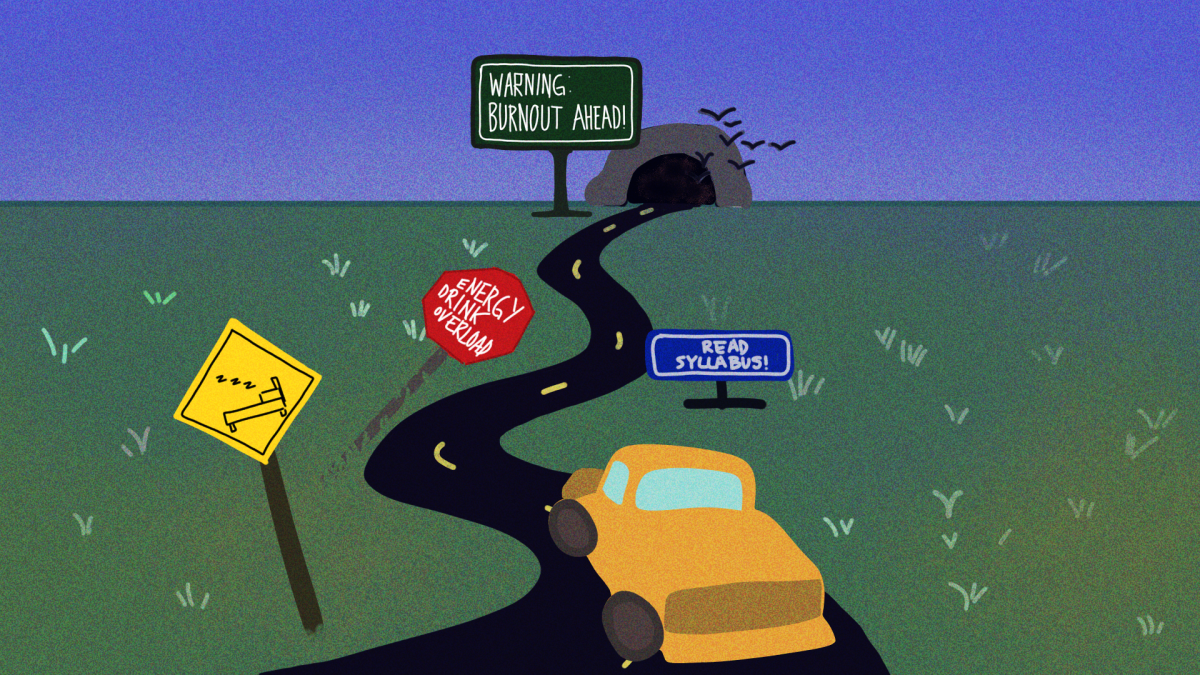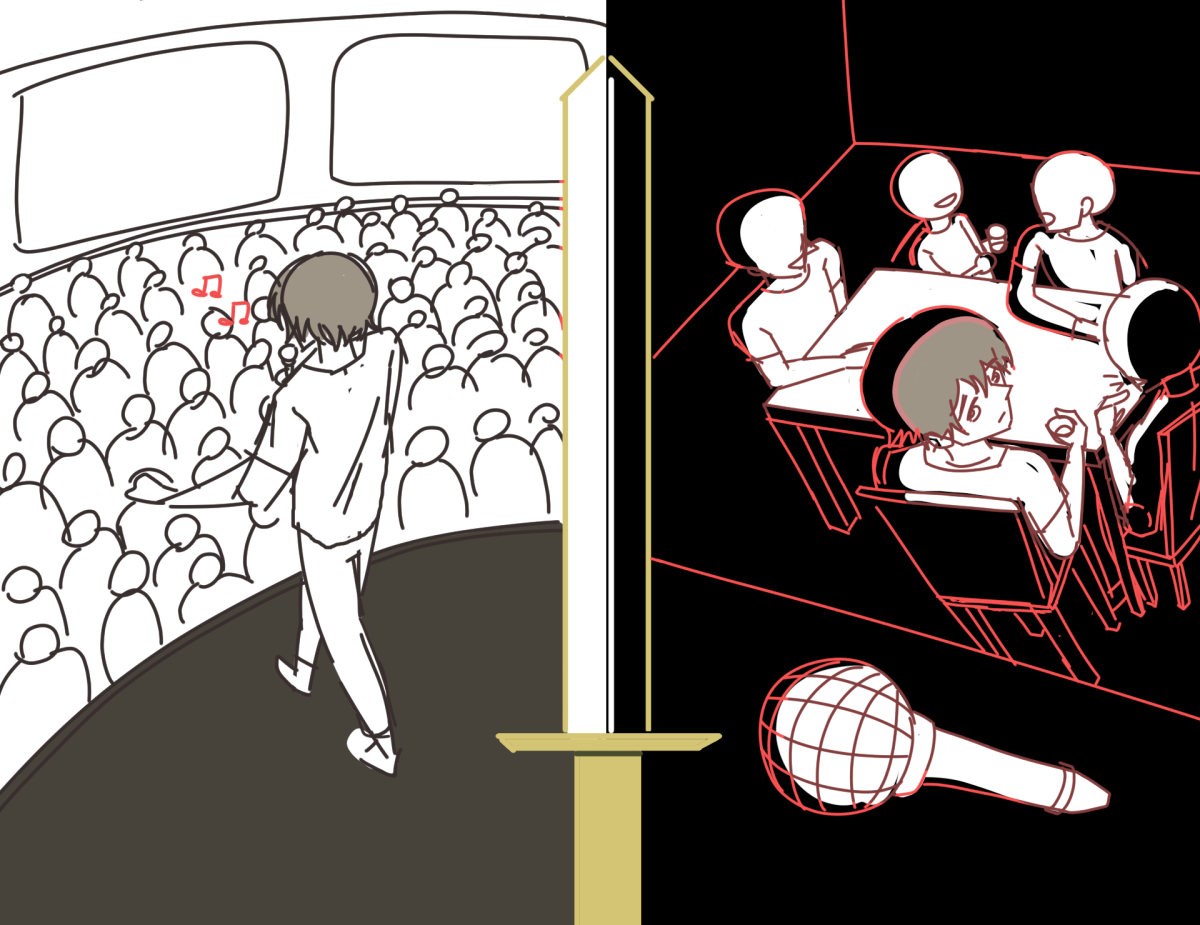Last week, I wrote a column about the troubling impact of youth voter disenfranchisement in our state today. Following my column, I was approached by numerous peers, all asking me the same question: “Why on earth would anyone think limiting youth voters is a good idea and vote for it?”
The answer to that is simple. Many lawmakers in our state feel we must have strict voter regulation in order to prevent voter fraud. However, the problem is that voter fraud is more of a fallacy than a fact.
In early April 2014, the North Carolina State Board of Elections released an audit claiming that more than 35,750 people had committed voter fraud in North Carolina during the last election. Many conservative lawmakers used this report as justification for their choices a year earlier to enact strict voter restrictions. North Carolina Republican Party Chairman Claude Pope even released a statement applauding the General Assembly “for passing North Carolina’s commonsense voter ID law and working to protect the integrity of the ballot box” following the announcement.
The only problem, however, was that the statement was highly misleading. Instead of finding actual cases of voter fraud, this study highlighted 35,750 people who voted in North Carolina in the 2012 election whose names and dates of birth matched those of voters in other states. Unfortunately for the voter-regulating lawmakers, the so-called “Holy Grail” of voter fraud they claimed to have found, was none other than many people sharing the same name and date of birth across our country. Two people named Bob Bobbers, both born on March 3, and both voting in separate states, is not fraud; it’s just proof that two sets of parents, who were far too obsessed with the name Bob, had children on the same day.
After a short study, none of 35,750 voter fraud cases that were said to have occurred were actually proven to have occurred and taken to court. In all actuality, there’ve been only two confirmed cases of voter fraud in North Carolina from 2000 to 2014.
Let that sink in for a second. Out of the almost 35 million votes cast during that 14-year stretch, only two of them were actually considered fraud. That comes out to a pitiful 0.00000007 percent. Now let me ask you this, is it really worth enacting incredibly strict and limiting voter restriction laws for something that occurs less often than a Wolf Print printer actually functioning properly when your paper is due in five minutes? Of course not.
But this is exactly what our state has done. Instead of opening up doors and enabling more people to take part in the great right that is voting, we’ve disenfranchised hundreds of minority voters, including college students, to try to avoid something that simply doesn’t exist. To draw a comparison, instead of allowing people to walk freely in the woods, we’ve closed them because “Bigfoot is definitely going to attack.”
Until voter fraud actually starts occurring (and it may never), we should take every opportunity to make voting as easy as possible. Enable same-day voter registration, extend voting periods and actually allow NC State students to vote with their NC State IDs on their own campus. Because voter fraud really isn’t occurring in our state, all arguments for voter restriction seem to fall just a little flat.







